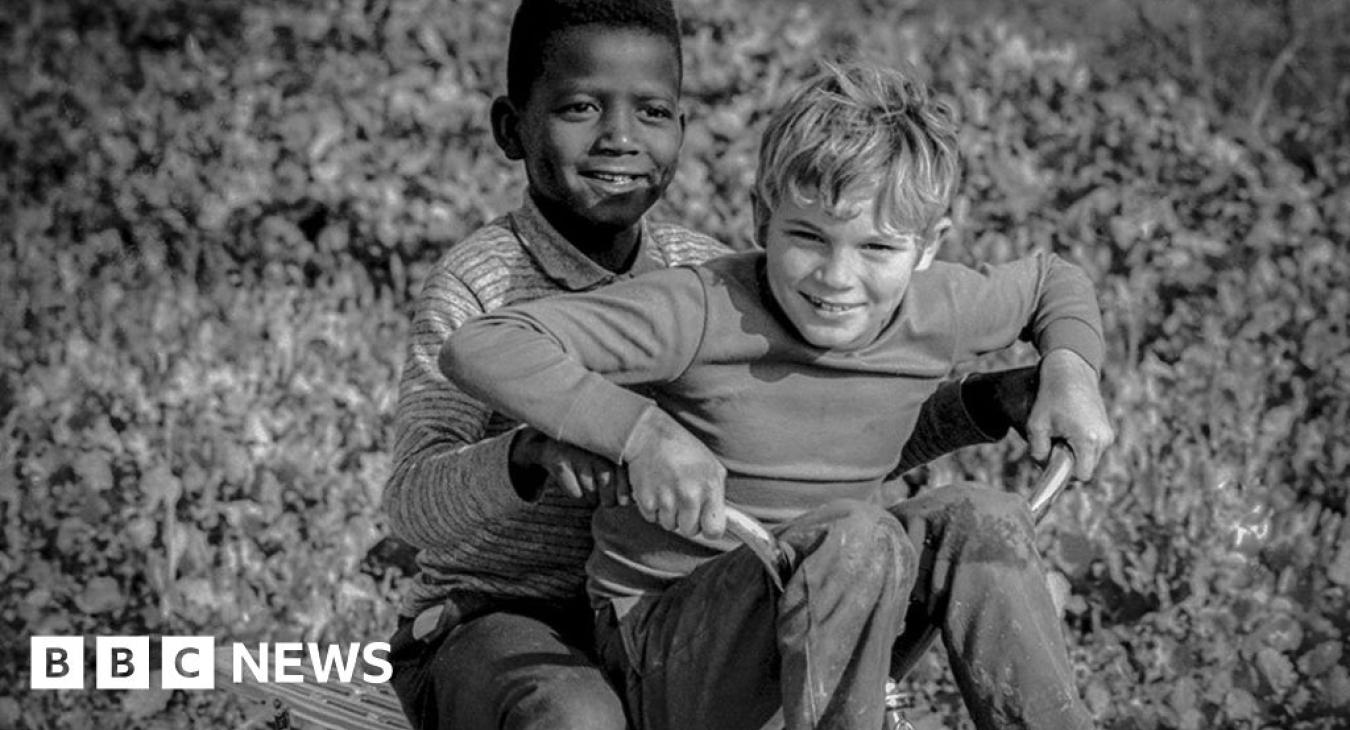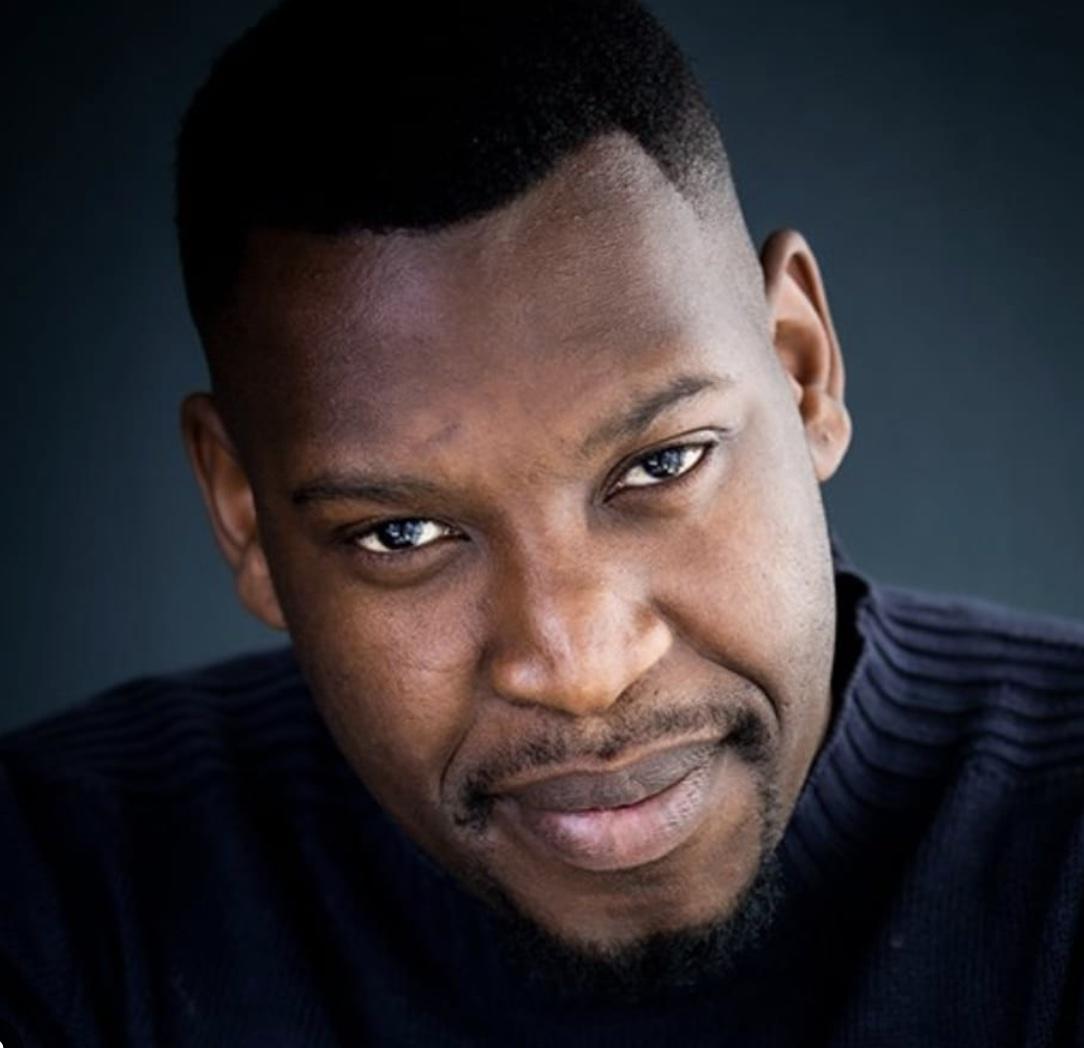Although Finding Penrose features a beautiful friendship between a black man and a white woman, this story is not abo
This BBC News image is a beautiful connection of humanity. Boys playing together in an innocent world of unity.
"Finding Penrose" honours this struggle for a more just and fair South Africa, a nation that continues to strive for a brighter future built on the foundations of its rich history.
The story unfolds against a backdrop of immense change and resilience in South Africa. While the period from the 1920s to the 1980s saw its share of challenges, it was also a time of remarkable social movements, cultural awakenings, and a growing spirit of hope for a more just future.
Early 20th Century:
The early decades witnessed the rise of urban centres and the birth of a vibrant jazz scene, particularly in Johannesburg. This era also saw the emergence of Black South African intellectuals and artists who began to articulate their unique experiences and aspirations.
The Seeds of Resistance:
The 1940s and 1950s saw the formalization of apartheid, a system of racial segregation that severely limited the freedoms and opportunities of Black South Africans. However, this period also gave birth to powerful resistance movements, such as the Defiance Campaign led by Nelson Mandela and the African National Congress (ANC). These movements, rooted in the principles of non-violence, inspired generations of activists to fight for equality.
Cultural Awakening:
Despite the oppression, the mid-20th century also saw a flourishing of Black South African art, literature, and music. This "Black Consciousness" movement celebrated African heritage and identity, fostering a sense of pride and cultural resilience.
The Struggle Intensifies:
The 1960s and 1970s marked a period of increased repression by the apartheid regime. However, the resistance movement grew stronger, marked by the rise of the Black Consciousness Movement and the Soweto Uprising of 1976. The international community also began to exert pressure on South Africa, with growing condemnation of apartheid.
A Glimmer of Hope:
The 1980s saw international sanctions intensify, further isolating the apartheid regime. Internally, the resistance movement continued to gain momentum, with figures like Desmond Tutu and the United Democratic Front (UDF) advocating for a united front against apartheid. The release of Nelson Mandela in 1990 marked a turning point, symbolizing the growing possibility of a peaceful transition to democracy.
Finding Hope in the Struggle:
While the challenges faced by Black South Africans during this period were immense, "Finding Penrose" also captures the enduring spirit of resilience, the power of community, and the unwavering pursuit of justice.
It is a testament to the human capacity for hope, even in the face of adversity.
As Nelson Mandela famously stated, "No one is born hating another person because of the colour of his skin, or his background, or his religion. People learn to hate, and if they can learn to hate, they can be taught to love, for love comes more naturally to the human heart than its opposite."












